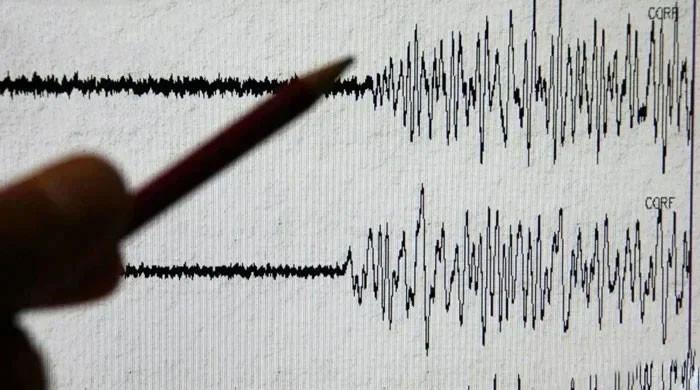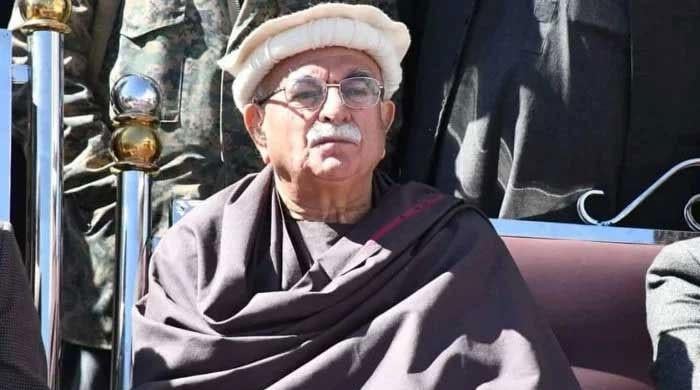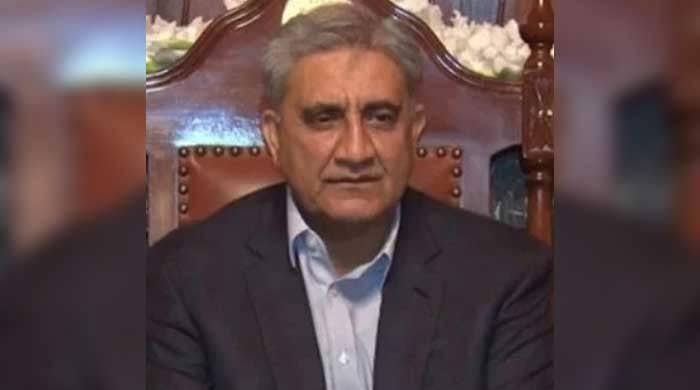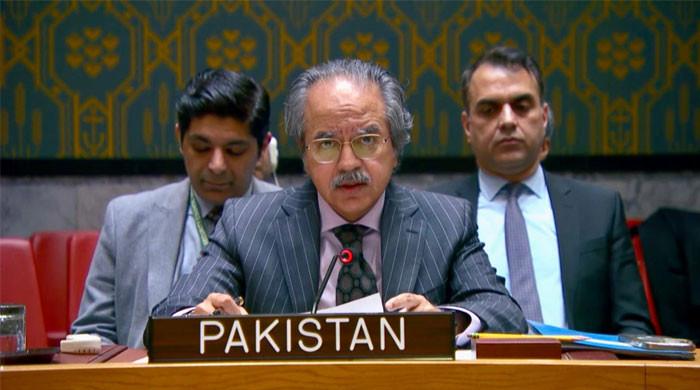Punjab govt to spend Rs2.3bn on new vehicles for officers
Punjab finance department issued a notification sanctioning the purchase of new luxury vehicles
July 22, 2023

- Finance department issues notification sanctioning Rs2.334bn for purchase of cars.
- Assistant commissioners to be provided with double cabin 4x4 Revo-G M/T.
- Vehicles, presently used by ACs, will be allocated to tehsildars.
ISLAMABAD: The caretaker Punjab government released a whopping Rs2.3 billion for the purchase of new vehicles for all its assistant commissioners, additional deputy commissioners and additional commissioners, The News reported.
At a time when the country is facing a serious financial crisis, the finance department issued a notification sanctioning Rs2.3 billion for the purchase of new luxury vehicles.
According to the notification issued on July 20, the assistant commissioner of each tehsil will be provided with a new double cabin 4x4 Revo-G M/T, additional deputy commissioners (general) of each district will be provided new Yaris ATIV 1.3L while additional commissioners of each division will be provided Corolla 1.6 Altis CVT.
The notification said that the vehicles — presently used by the assistant commissioners — shall be allocated to tehsildars.
In another case, a three-member bench of the Lahore High Court (LHC) has directed the Punjab government to pay pensions including judicial allowance — which is equal to three basic salaries — to all the retired employees of the high court which linked its decision with “independence of judiciary”.
Referring to a decision by the Sindh High Court (SHC), the LHC said in its order, “(a) The judicial allowance is part of emolument therefore it is reckonable for the calculation of pension. Consequently; the employees who were receiving judicial allowance as a component of their monthly emoluments are entitled to the inclusion and effect of judicial allowance in their pension.
"(b) The petitioners and all other retired employees placed in a similar position are entitled to the above relief and the respondents are directed to re-calculate their pension within two months after giving the effect of judicial allowance and start the future payment accordingly. (c) Subject to the conditions mentioned in clauses (a) & (b) above, the respondents shall also pay the arrears within three months with effect from the date when the payment of pension was started or set in motion.”
The LHC added, “One of the grounds on which the Sindh High Court based its decision was that any failure or refusal on the part of the government of Sindh to implement the notification of the High Court would impinge upon the doctrine of independence of judiciary which constitutes one of the salient features of the Constitution of the Islamic Republic of Pakistan, 1973. This is also the basis on which we seek to grant relief to the petitioners and do not find it palatable for the government of Punjab to refuse to implement a notification issued by the High Court validly under the Rules, 1983. The concept of independence of the judiciary clearly envisages that such a notification ought to be implemented and put into effect without demur and opposition by the government of Punjab. More so, since the government of Punjab has chosen not to challenge the notifications and, therefore, cannot simply take a stance that it would not implement the notifications while the notifications stand and remain effective.”
The LHC ordered, “The government of Punjab is directed to implement the notifications by making provision in the budgetary allocation in accordance with the rules of business. This shall be done expeditiously and without further loss of time.”
The LHC, however, added, “On the request of the learned Addl. AG, we suspend this judgment for one month to enable the government of the Punjab WP No 37573 of 2015 7 to challenge this decision before the Supreme Court of Pakistan.”











